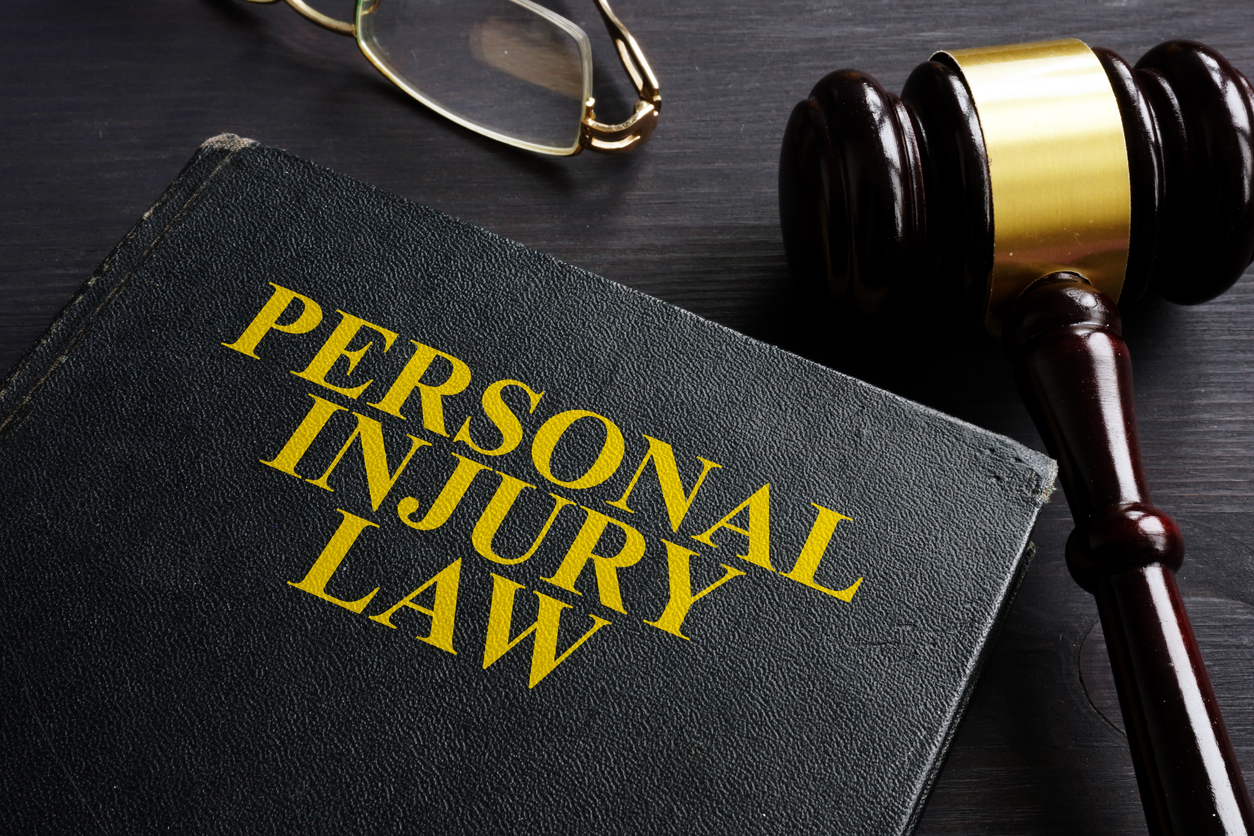Changes to the Florida Personal Injury Landscape

Changes to the Florida Personal Injury Landscape
Florida officially passed House Bill 837 and Senate Bill 236, crucial pieces of legislation that will transform the civil justice system. However, the bills were met with increasing criticism from Floridians who argue that they will benefit insurance companies rather than victims of personal injury.
The bills’ proponents include the Florida Retail Association (FRA) and the Florida Chamber of Commerce(FCC), who contend that too many frivolous lawsuits have plagued the state, hurting small businesses and increasing insurance rates.
“As a Florida employer, our company sees many frivolous lawsuits,” said Charles Bailes III, CEO of ABC Fine Wine & Spirits and chair of the Florida Chamber of Commerce, in a statement. “This restricts our ability to hire additional team members, to build additional stores and to reinvest back into the local communities we serve. This bill, which will limit frivolous litigation, is good for Florida.”
One of the most contentious aspects of the legislation is “one-way” attorney fees. Under the new law, each party is responsible for their own legal fees, contrary to the norm where insurance companies would cover the policyholder’s attorney fees if they successfully sued. Fortunately, the lawmakers amended the bills to allow the insured to file a separate declaratory judgment to determine coverage.
Jeffrey Liggio, a civil attorney based in West Palm Beach, believes the legislation will make it harder for the most vulnerable to get justice. The current system allows victims to hire attorneys for small claims without paying any fees, a system that would change in the new law.
“I can represent people who have a case with a $10,000 or $20,000 claim and fight for years without having to charge them a fee,” he said. “Those kinds of numbers for working people and those who are struggling is an enormous amount of money.”
“If the Legislature was really concerned about the rates, the simple thing is to put something in the rates statute,” Liggio continued.
He added, “A simple amendment to that statute to preclude including statutory attorney’s fees when the insurer’s insured prevail in litigation against the insurer in the rate base would go a long way to resolving the argument that fee awards are causing the rates to increase.”
In addition, under the new reforms the Statute of Limitations when filing a personal injury lawsuit has shrunk to two years instead of four. The new laws will also bar victims from seeking compensation when their share of fault exceeds 50 percent. Previously, compensation in the Sunshine State was based on comparative fault.
That’s not all. The concept of premise liability is also affected. Under the new legislation, if a Floridian is attacked on a property, a jury will now consider the criminal’s fault, limiting the owner’s liability.
This has sparked concern among many residents. Damian Loughran, the father of two children who were killed in the Parkland shooting, had this to say:
“Agencies that allowed a killer on campus should not be able to avoid responsibility by simply pointing to the criminal. I think this bill will give schools less incentive to better security, and this is bad policy.”
The ills have drawn much criticism from stakeholders and the general public. In a recent survey, 1000 people were prompted on basic liability coverage questions. 85 percent of the respondents believe hotel and apartment complexes should be brought to book and pay repatriation when people are injured on their property due to poor security. “In addition, 89 percent of the respondents said that health insurance companies that wrongfully deny money for treatment should cover attorney fees for claimants who are forced to sue,” says personal injury attorney Mitchell Feldman of Feldman Legal Group.

Related Items:





